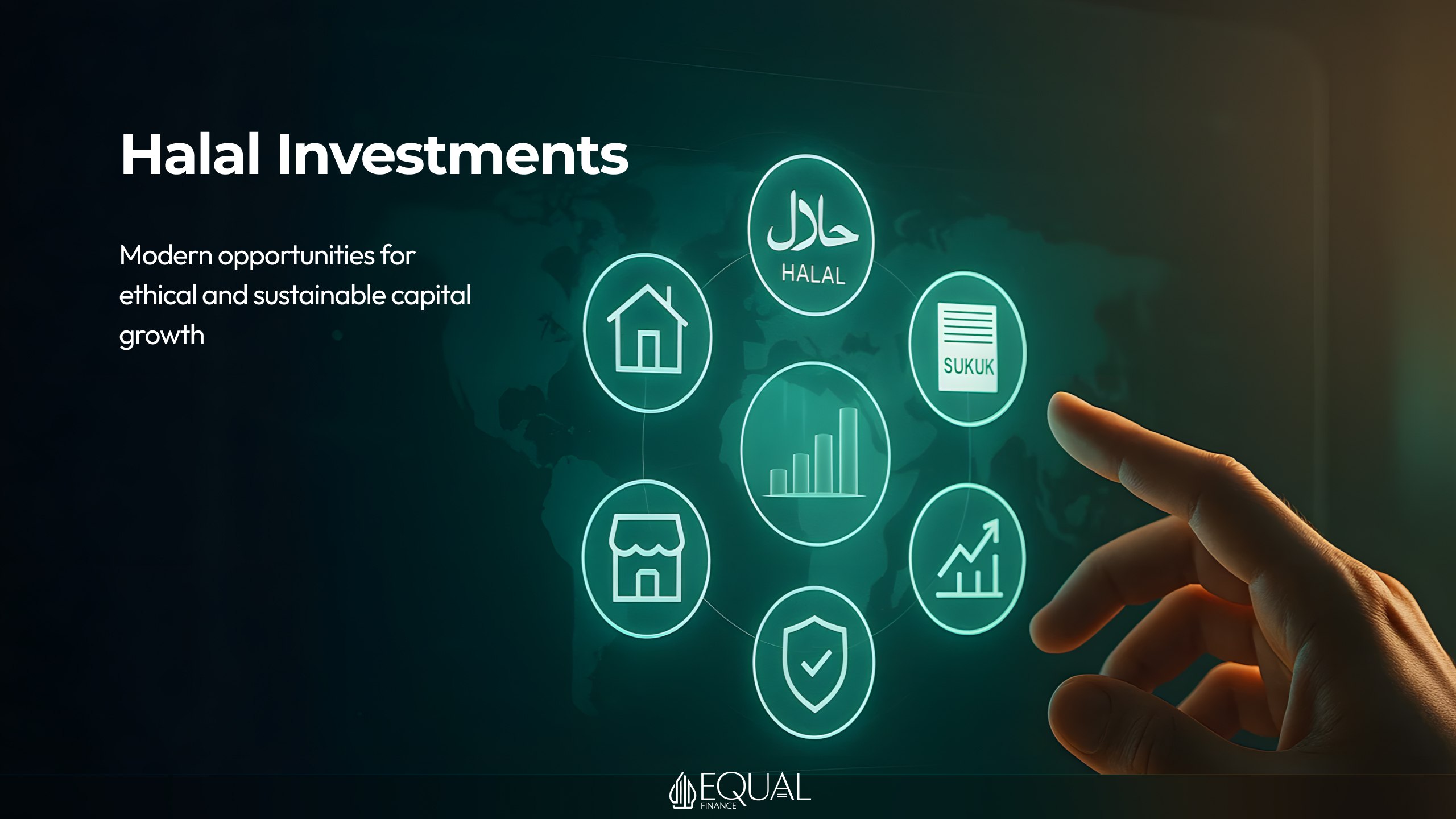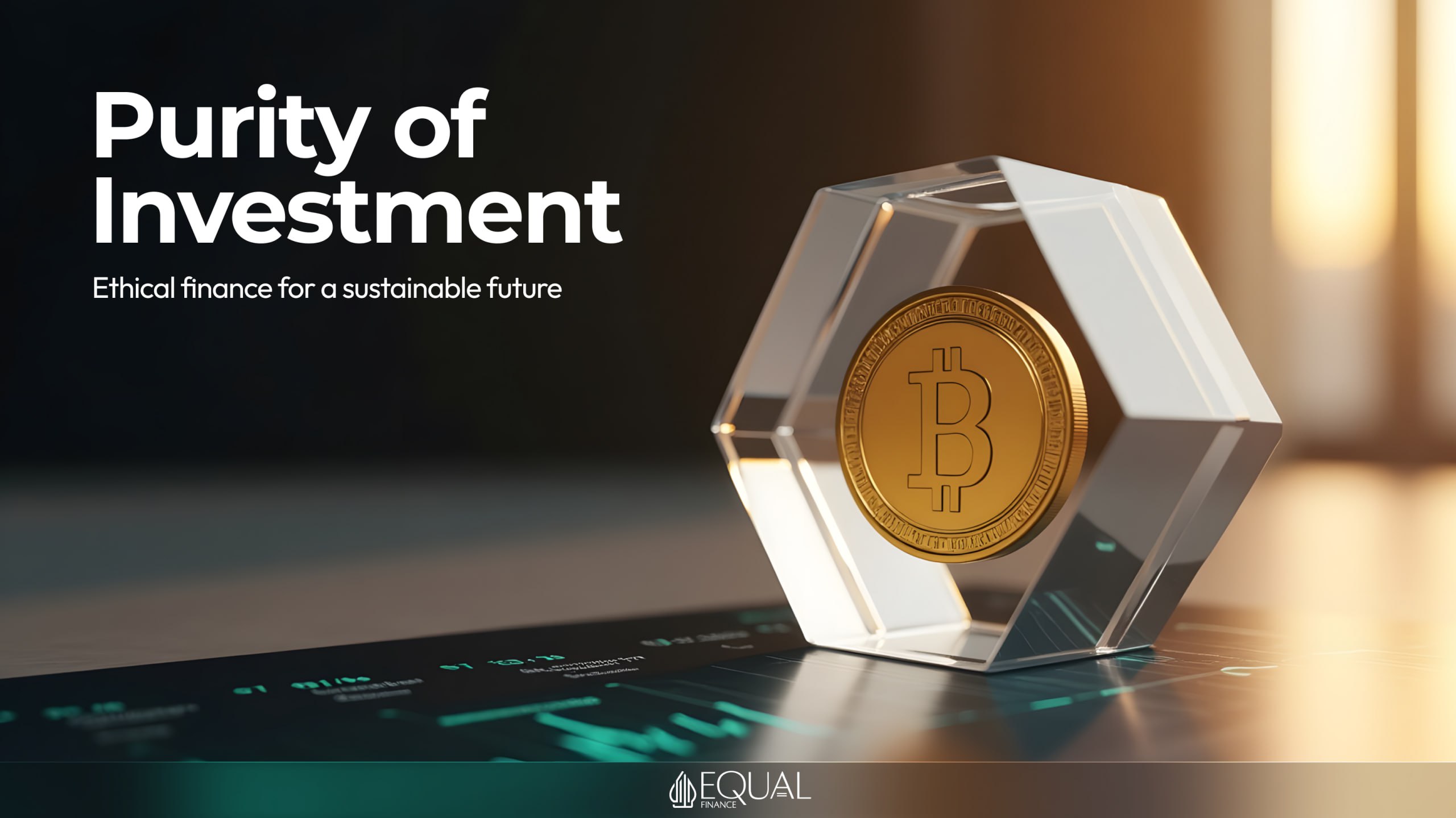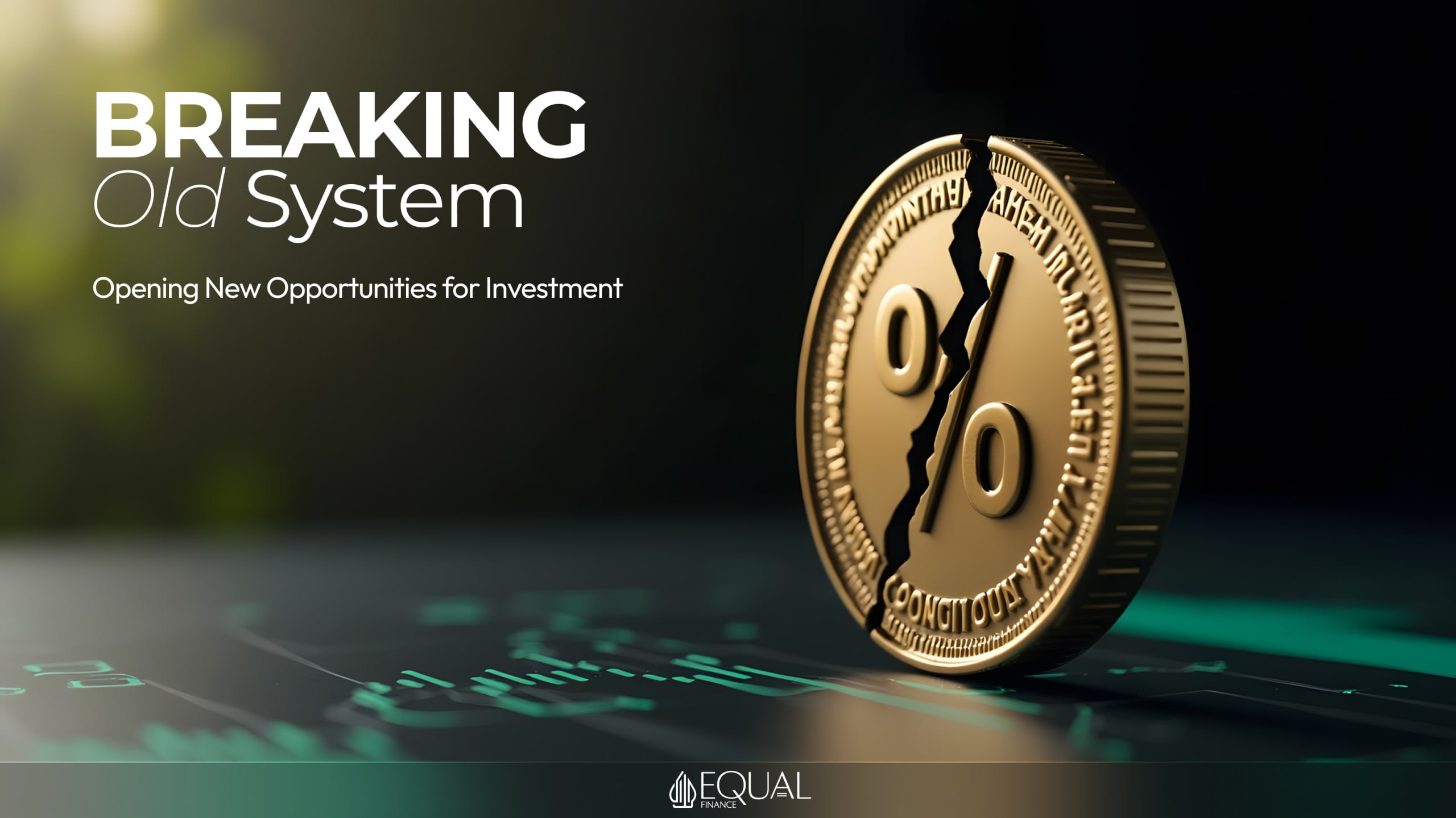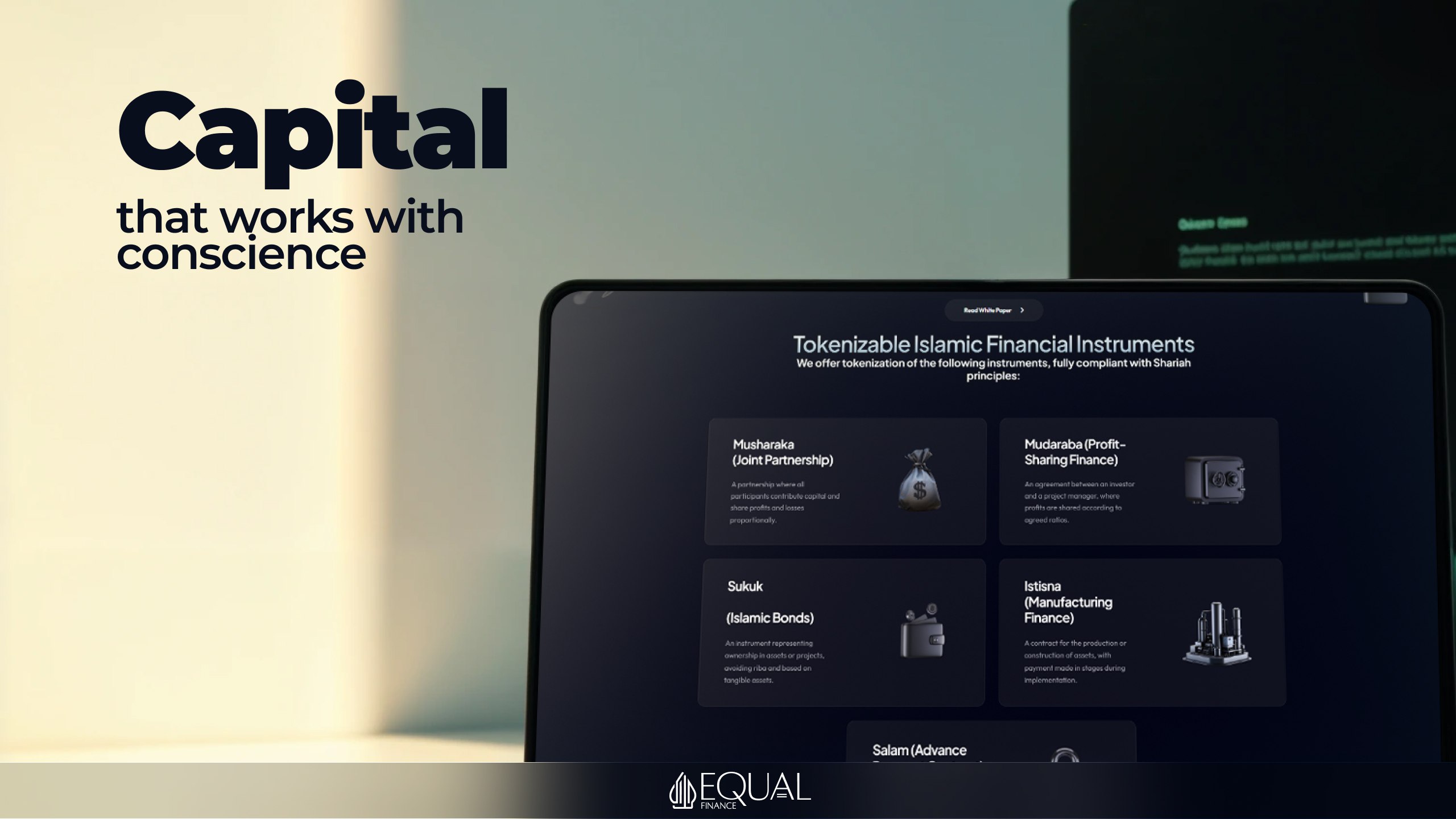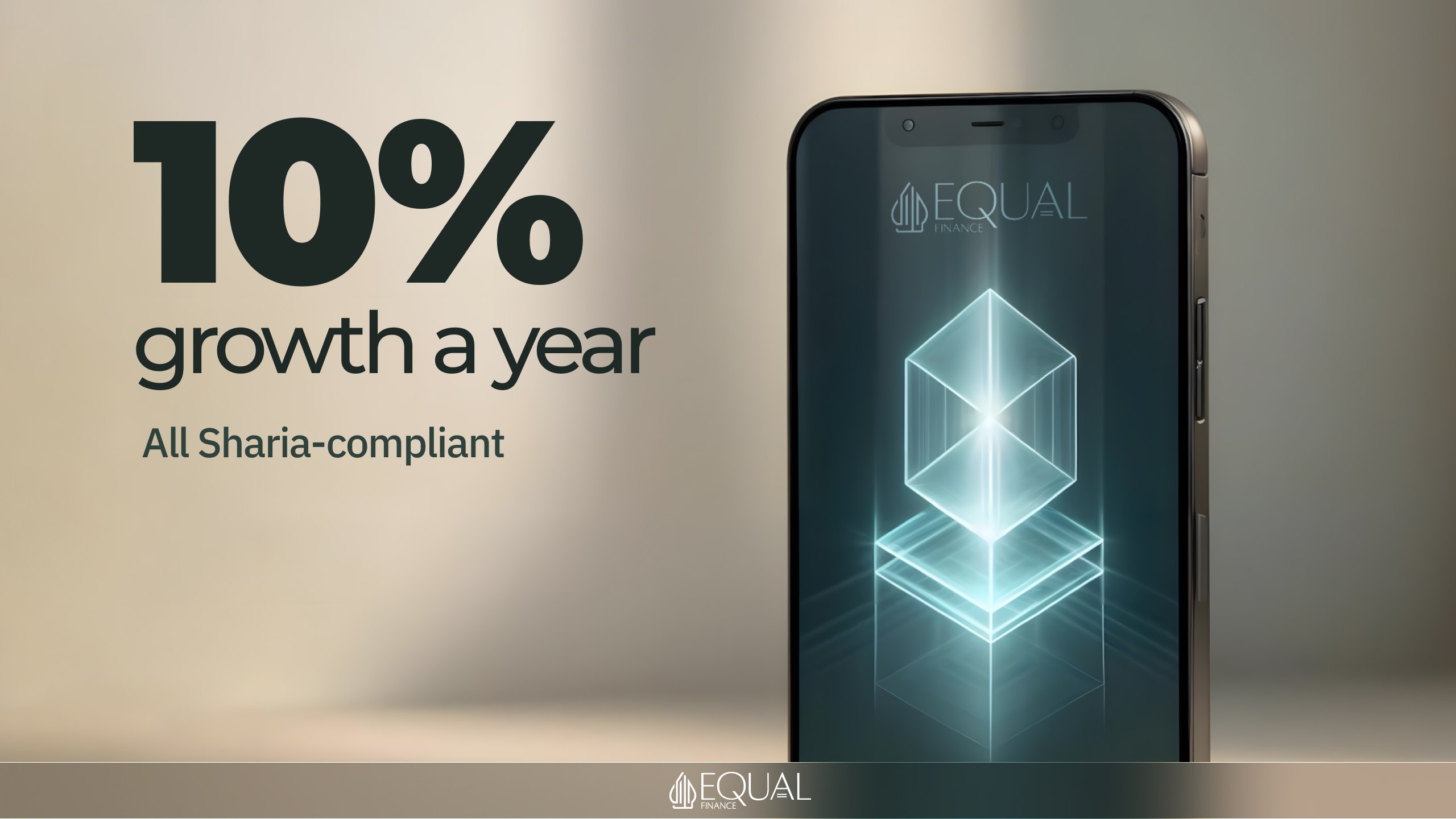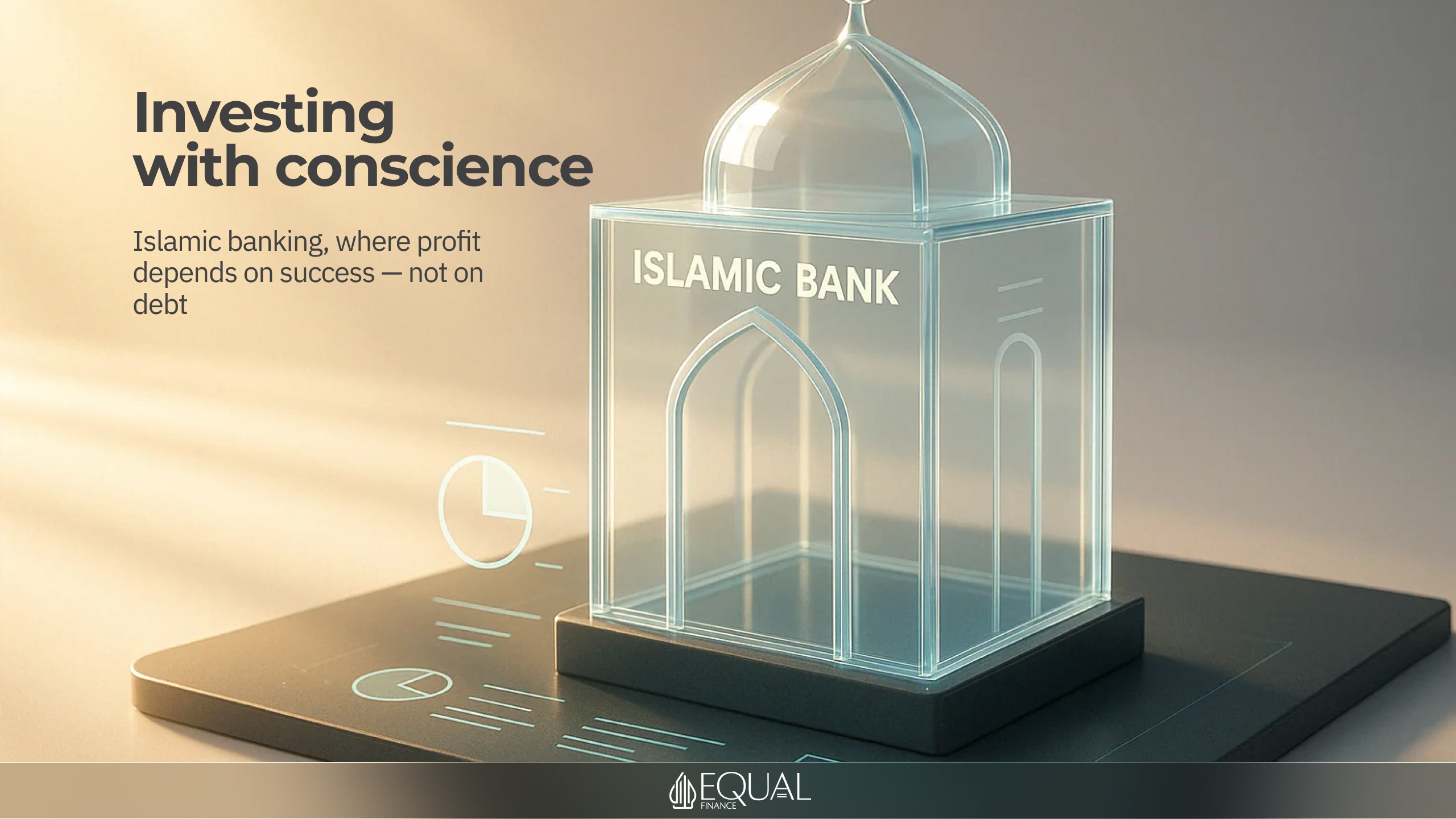When over 15,000 participants, 4,000+ companies, and crypto leaders from more than 160 countries gathered at Madinat Jumeirah in Dubai for TOKEN2049 Dubai 2025, the message was clear: this wasn’t just another tech expo — it was the birthplace of next-gen financial paradigms. At the core of this year’s event stood a powerful and timely […]
Рубрика: Sharia Law and Financial Instruments
Navigate the intricacies of Sharia-compliant investing with this comprehensive category. Understand what constitutes halal (permissible) and haram (forbidden) in the context of investments. Gain knowledge about concepts like riba (usury) and how to avoid it, and explore halal alternatives for insurance and investment that align with Islamic principles.
Halal Investment Options: Opportunities for Ethical Capital Allocation
Halal investments, compliant with Sharia principles, are gaining traction not only among Muslims but also among investors seeking ethical and sustainable financial instruments. In 2025, the global Islamic asset market is valued at $5 trillion, growing at 15–25% annually. This article explores key halal investment options, their features, and prospects, based on the latest data. […]
Islamic Finance and Social Responsibility: A Comprehensive Perspective
Islamic finance is not merely a system of interest-free transactions governed by Sharia law—it is a deeply ethical economic model that prioritizes justice, sustainability, and social welfare. Unlike conventional systems that often measure success solely by profit margins, Islamic finance integrates moral accountability into every financial activity, ensuring that all transactions promote the public good […]
Takaful: Advantages and Differences from Conventional Insurance
What is Takaful? Takaful is an Islamic insurance system compliant with Sharia principles. The term comes from the Arabic word “takafala,” meaning mutual responsibility. Participants contribute to a shared fund. This fund covers claims during insured events. The system avoids interest, gambling, and uncertainty, prohibited in Islam. Takaful is built on mutual help and cooperation. […]
Riba and Haram: Key Restrictions in Islamic Finance
Islamic finance is built on Shariah principles, ensuring fairness and ethics. Two central restrictions are riba (interest) and haram (prohibited activities). These concepts set Islamic finance apart from conventional systems. Understanding riba and haram helps investors and clients comply with religious norms. This article explains these restrictions in detail. You’ll learn how they shape financial […]
Murabaha vs Musharaka: What Should an Investor Choose?
Islamic finance is growing due to its ethical and Shariah-compliant nature. Murabaha and musharaka are two key tools attracting investors. They differ in structure, risks, and potential returns. This article explores both methods in detail. You’ll learn their features, benefits, and drawbacks. This will help you make an informed decision. Investors can select the tool […]
How Capital Attraction Methods Drive Islamic Banking Growth
Sharia-compliant capital attraction methods are pivotal in driving Islamic banking growth, excluding riba (interest) and haram (prohibited industries). Mechanisms like mudarabah, musharakah, murabahah, ijarah, sukuk, and digital tools fuel the sector’s expansion, with assets reaching $4.5 trillion in 2022, per ICD-Refinitiv. Statista projects growth to $6.7 trillion by 2027, while Market Data Forecast estimates a […]
Why Is the Islamic Banking Sector Growing Faster Than Traditional Banking?
The Islamic banking sector is outpacing traditional finance with remarkable momentum. In 2022, global Islamic finance assets hit $4.5 trillion, per ICD-Refinitiv, with projections to reach $6.7 trillion by 2027, per Statista. Its compound annual growth rate (CAGR) of 10% for 2023–2030, per Market Data Forecast, surpasses traditional banking’s 6–7%, per World Bank. What drives […]
Ethical Islamic Finance: The New Investment Trend
Islamic finance, rooted in Sharia principles, offers an ethical alternative to conventional investing, blending profitability with social responsibility. By prohibiting riba (interest) and haram (forbidden industries), it emphasizes real assets and transparency. In 2024, the Islamic finance market reached $4.5 trillion, according to Deloitte, drawing investors seeking sustainable, value-driven solutions. Islamic securities sukuk—a Sharia-compliant bond […]
Fair Profit Sharing and the Growth of the Islamic Banking Sector
Islamic banking is a philosophy rooted in fairness, ethics, and partnership. By banning riba (interest), it focuses on the real economy, sharing profits and losses among stakeholders. This model captivates not just Muslim-majority nations but the world, offering stability amid economic storms. Ernst & Young’s 2024 report pegs Islamic financial assets above $4 trillion, with […]



